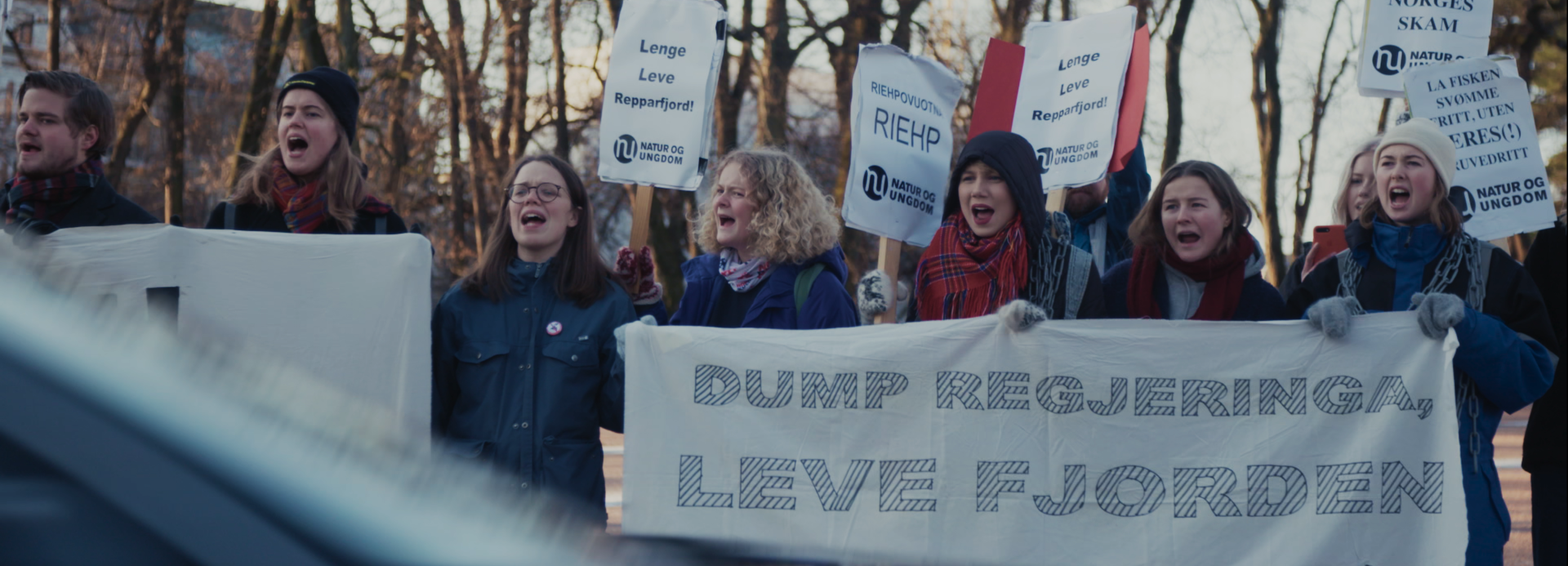
By Anna Ramskogler-Witt
The Sámi are a tough people. Although their habitat in the Nordic regions of Scandinavia and Russia has been under threat for centuries, these Indigenous people have impressively defended their cultural and territorial rights against pollution and climate change.
The exploitation of the natural resources of their homeland, Sápmi, began back in the seventeenth century, resulting in significant land loss. It also led to their oppression by other populations, forced labour and the prohibition of their religious practices. Sámi children were forced to live in boarding schools where their native language was forbidden.
In the centuries that followed, Sámi resistance grew steadily, led by impressive figures like Elsa Laula, one of the pioneers who organised the first Sami National Assembly, held in Trondheim on 6 February 1917 – now an official Sami bank holiday. In 1956, the Sami Council was founded, one of the first transnational Indigenous organisations.

Sweden, Finland and Russia have not yet ratified International Labour Organisation (ILO) Convention 169, which aims to protect the rights of Indigenous peoples. Norway, on the other hand, adopted this convention back in 1990, handing over control of the land in the northernmost province, Finnmark, to the people living there. Recently, conflicts over mining, wind farm projects and fishing rights have come to the fore. ‘Green colonialism’ is also threatening the lives of the Sámi. This term refers to projects that are being carried out in the name of climate protection but jeopardising the Sámi’s traditional way of life. Although Sámi protests have led to some significant court decisions that have strengthened their rights, the Sámi are still fighting to preserve their culture and territorial rights.


